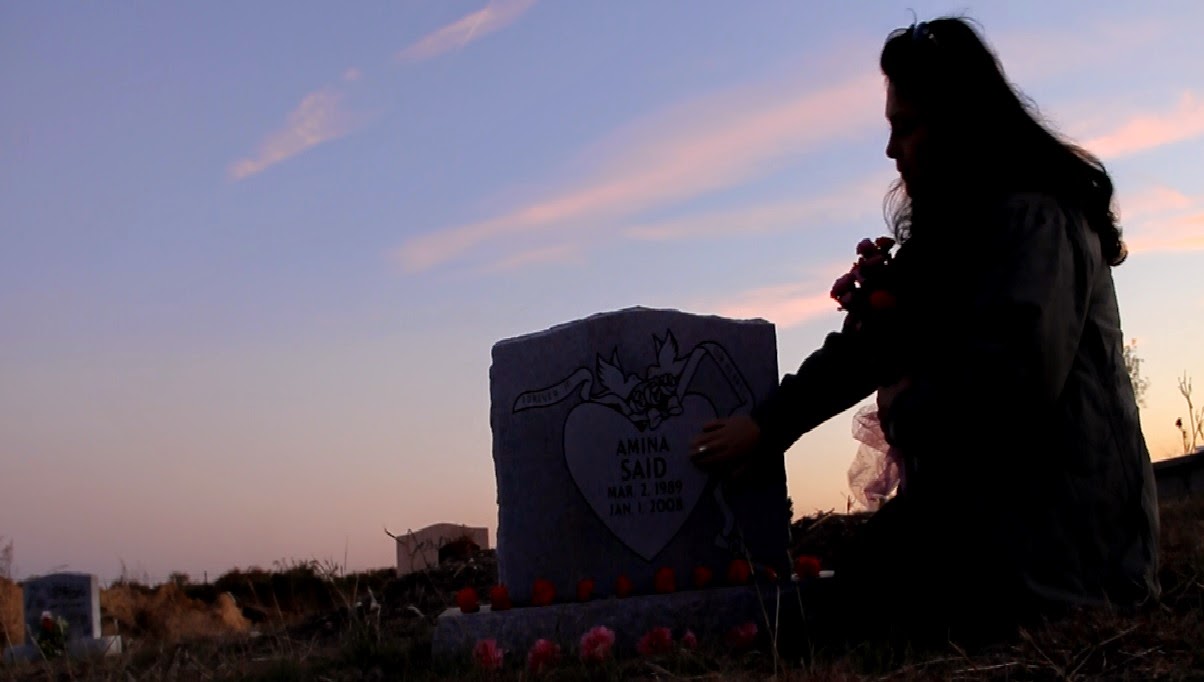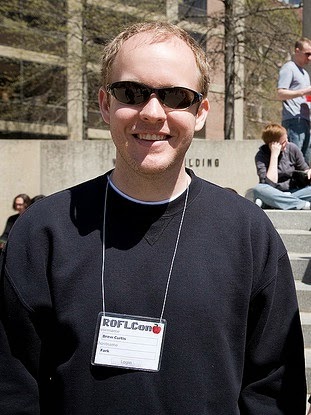 |
| The White House on June 26, 2015, Washington, DC. Photo credit: Ted Eytan. |
 |
| The United States Supreme Court slip opinion of Obergefell v. Hodges, 576 U.S. _ (2015). |
The morning of June 26 was bright and sunny. I had not set my alarm so did not wake up to National Public Radio, like most weekday mornings. I was enjoying the quiet. After breakfast, however, I logged onto Facebook and KA-BOOM!
"[T]he right to marry is a fundamental right inherent in the liberty of the person, and under the Due Process and Equal Protection Clauses of the Fourteenth Amendment couples of the same sex may not be deprived of that right and that liberty."
That morning, President Obama gave one of the most moving speeches of his presidency, referring to the Court's decision as "justice that arrives like a thunderbolt." (You can watch his speech to the right.)
As so many around the world expressed, #LoveWins! With a strike of the pen (or these days, hitting of the [enter] key), the United States joined the club of 20 countries that recognize the right of same-sex couples to marry, most recently including Ireland.1 Those countries are Argentina, Belgium, Brazil, Canada, Denmark, Finland, France, Great Britain, Iceland, Ireland, Luxembourg, Netherlands, New Zealand, Norway, Portugal, South Africa, Spain, Sweden, Uruguay, and certain states of Mexico also protect same-sex marriage.
For me, as a lawyer advocating for rights of the poorest, the Court's decision also is a win for the concept of "liberty," coming 800 years after another event in the history books: the June 19, 1215 sealing of the Magna Carta.
The Magna Carta, once a simple agreement between an English King and his 40 barons to avoid civil war, is a charter of liberties that the King guaranteed, subjecting the King and England's future sovereigns to the rule of law. It is now the seminal document of liberty. Among other rights, it guarantees:
"[T]o no one will We
deny or delay, right or justice."
 |
| The Magna Carta. |
The Magna Carta inspired the American Declaration of Independence (1776) and influenced the drafting of the Universal Declaration of Human Rights (1948). Its principles are arguably the West's most significant global export.
In its time, the Magna Carta guaranteed rights for the male elite. While I too celebrate the constitutional recognition of the right to marry whom we love -- to the point of years, the 800-year anniversary of the Magna Carta is a stark reminder to me of how far we still have to go as a global community.
1 On May 22, 2015, the people of the oh-so Catholic country of Ireland voted to amend their Constitution to extend the civil right to marry to same-sex couples -- the first country to do so by popular vote. (In contrast, the people of 17 of the 50 American states had denied such a right by ballot.)

.jpg)
.JPG)




















 green scarves edged in red and black stripes (Afghanistan's flag colors), into which they sewed messages such as, “Our vote is our future.” Pictured is Secretary of State Hillary Clinton who supported the campaign.
green scarves edged in red and black stripes (Afghanistan's flag colors), into which they sewed messages such as, “Our vote is our future.” Pictured is Secretary of State Hillary Clinton who supported the campaign.